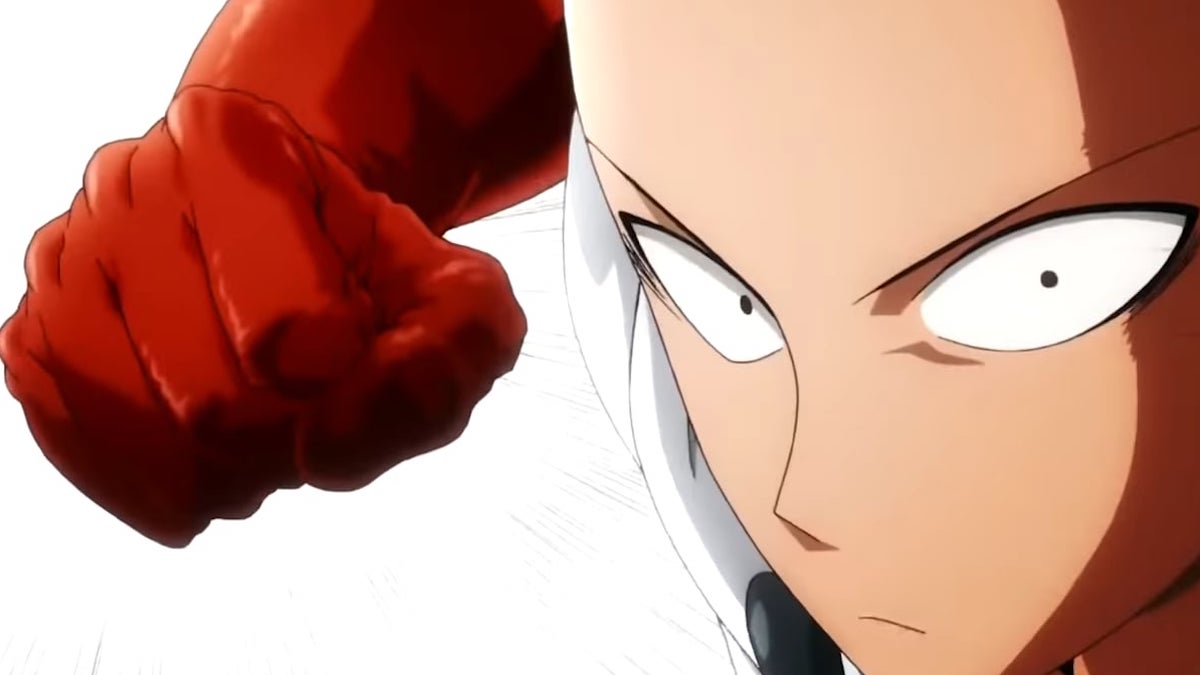Snow Flower and the Secret Fan is a delicate, if sometimes disturbing, portrait of the enduring relationships that can bond women together over time and experience. Though filled with exotic Eastern traditions and locales, the tale of female friendship is something everyone can appreciate in this introspective and perhaps overly somber drama. Hitting theaters in a limited release on July 15th by 20th Century Fox, Snow Flower and the Secret Fan is a beautiful film in the fashion of The Joy Luck Club and Memoirs of a Geisha.
Set both in modern-day Shanghai and 19th-century China, the movie follows parallel stories of two friends who have a bond that transcends friendship. Based on the Asian tradition of “matchmaking” two girls and uniting them with an oath and a contract, Lisa See‘s best-selling novel makes for a film as rich in culture as it is in emotional depth.
The film centers around modern-day Nina and Sophia, who are at odds when the film opens. As childhood friends, they first learn about being laotong when they hear of the history of Sophia’s ancestor Snow Flower and her laotong Lily. They learn that laotong are two women born under the same sign that become bound together in a relationship closer than that of husband and wife. A relationship of choice (unlike marriage in 19th-century China), made for emotional companionship and fidelity. Upon hearing of the contract, young Nina and Sophia at once decide to become laotong.
Fast forward a few decades, and life has come between the friends. Nina has moved to New York for work, and when she receives a call that Nina has been in a car accident she flies back to Shanghai. Her friend is in a coma, and in a series of flashbacks we see that Sophia and Nina quarreled a few months earlier, and there are unresolved issues between them.
No one knows much about what Sophia has been up to, and Nina discovers a manuscript her friend has been writing about her laotong ancestors Snow Flower and Lily, a parallel of their relationship that may hold secrets to what Sophia was feeling before the accident.
At this point in the film the story breaks into two narratives, with the ongoing investigation of Nina into Sophia’s life for the last six months in present-day Shanghai, and the tale of Snow Flower and Lily back in 19th century China.
As melancholy and somber as Nina and Sophia’s bumpy but intimate friendship was, Snow Flower and Lily’s relationship and life was much harder. They were from different stations in life, but joined as Laotong and continued loving one another even after hardship and tragedy. After Lily and Snow Flower have been married off and moved away from each other, they keep communicating their thoughts and feelings via a secret language only taught to Laotong, written on a secret fan.
Wayne Wang directed this slow, melancholy study of female frienship with a certain amount of artistry, but no subtlety. I wasn’t surprised to find out that Wang also directed The Joy Luck Club, which has a similar feel and also shares the divided narrative format. While interesting, this parallel story-telling grew a little confusing, as the modern-day story of Nina and Sophia was heavy with flash-backs to an earlier time in their relationship.
There was also this tear-jerking drama, almost melodrama, to many of the scenes which came across rather heavy-handed. The slow-pacing and somber mood, which never lifts from beginning to end, didn’t do an already-tragic story any favors. It made the movie hard to watch, and the depressing mood will hardly recommend it to movie-goers used to more balanced fare.
What Wang and screenwriters Angela Workman and Ronald Bass did well, was to establish the beauty and intricacies of female friendships. There’s a poignant and touching truth beneath the art of the film, and the messages written on the secret fan passed between Snow Flower and Lily are simple phrases that come heavy with meaning and connotation. The poetry of their correspondence, and the artistry of the period elements of the film, are some of the best aspects of Snow Flower and the Secret Fan.
Bingbing Li played Nina/Lily flawlessly. Her performance was heartfelt and weighty, but not preponderant. She didn’t distract from others, or monopolize scenes, she just gave a nuanced portrayal of a woman in various states of emotional awakening. Gianna Jun certainly wasn’t terrible, but I didn’t think her performance on par with Li’s. Her Snow Flower/Sophia was a little reserved, and in certain emotionally heavy scenes she didn’t reach the level of her co-star. Her acting felt flat, as if she didn’t have the depth to pass off a certain emotion with just a look and a word (as many scenes called for them both to do).
Hugh Jackman, to my surprise, had a small role in Snow Flower and the Secret Fan as Sophia’s Australian lover. He got to sport his authentic accent, for once, and he was a refreshing character to see onscreen though his time was brief. He’s supposed to play somewhat of a cad, but with Jackman’s natural charisma it was hard to see him as an antagonist. He did bring some fun to his part, though the emotional side was just as well-acted as the light side.
One thing I found interesting, as a woman, is that men certainly don’t fare well in Snow Flower and the Secret Fan. It’s not only that the story surrounds the delicacies of female relationships. It’s also in the treatment the male characters received; for the most part they’re abusive, emotionally neglectful, even animalistic. And watching what the women had to go through in China some hundreds of years ago was just disturbing. As a modern woman, don’t think I over-exaggerate when I say it was like watching those women get tortured. From the barbaric tradition of foot binding (which mutilated and deformed their feet so badly they could hardly walk), to mental/emotional neglect, forced marriages, physical abuse and domestic servitude.
That leads me to the interesting Sapphic vibe in the film. The only tenderness Snow Flower and Lily get comes from each other, and thus their friendship is actually much deeper, truly more than the relationship between a husband and a wife. While there’s no girl-on-girl action or anything crude, there is a gentle tone to the scenes between them that suggests their love for each other is more than platonic.
The film is beautifully crafted; a slow, poignant journey of introspection and self-discovery. The ending wasn’t as sad as the two hours leading up to it, but it certainly wasn’t happy enough to make up for the constant moroseness preceding. This one is definitely not for the masses, and even for the cinephile I can only recommend it with the warning that you’re in for a plodding period drama, and somber tear-jerker. If you can wade through the emotional cudgeling, you’ll eventually be rewarded with an intricate and artistic tale.








